T4K3.news
Canada Drops Tariffs to Align with US Exemptions
Canada will remove some retaliatory tariffs to match U.S. exemptions under USMCA as cross-border trade talks reset.
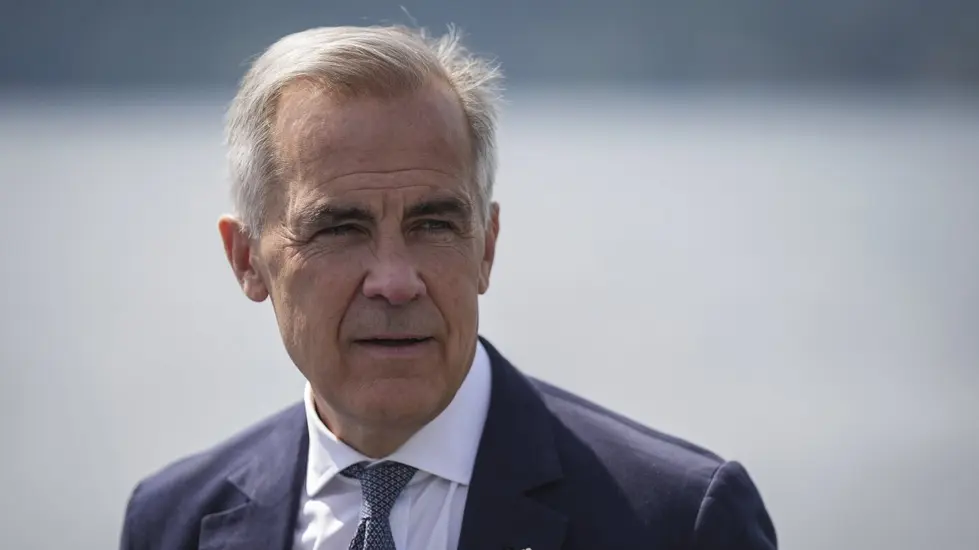
Canada says it will remove some retaliatory tariffs to align with U.S. exemptions under USMCA, signaling a shift in cross-border trade policy.
Canada Drops Retaliatory Tariffs to Match US Exemptions
Canada will remove a portion of retaliatory tariffs to align with the United States’ tariff exemptions for goods covered under the USMCA. Prime Minister Mark Carney announced on Friday that Canada will adopt the U.S. carve-out for Canadian goods, shielding most items from duties. He said the move reflects a practical alignment with Washington and noted that more than 85 percent of Canada-U.S. trade remains tariff-free. The decision followed a phone call with U.S. President Donald Trump and a Cabinet review, signaling a reset in cross-border discussions as the USMCA faces a 2026 review. The government also stressed that Canada will maintain tariffs on steel, aluminum and autos while talks proceed and that the broader trade framework remains the strongest option for Canada.
The announcement emphasizes that the U.S. commitment to the core of USMCA keeps Canada-linked trade largely tariff-free, while still allowing Ottawa to preserve some protections. The document notes that Canadian and Mexican firms can claim preferential treatment under USMCA, and reminds readers that most imports from Canada and Mexico remain governed by the pact. The piece also highlights lingering tensions around steel and aluminum—tariffs under the 232 program persist, with a 50% levy cited as an example—and points to the long road ahead before any major renegotiation. Unions at home, led by Lana Payne of Unifor, criticized the move as a sign of backing down in the face of U.S. pressure, warning that U.S. actions in autos, steel, aluminum, and forestry sectors continue to threaten Canadian workers.
Key Takeaways
"Canada currently has the best trade deal with the United States."
Carney on Canada-US trade standing under USMCA
"Walking back counter-tariffs isn't an olive branch. It only enables more U.S. aggression."
Lana Payne of Unifor reacting to the tariff move
"There is a review of the free trade agreement in the spring. We're starting our preparations."
Carney outlining USMCA review plans
"I think the president is absolutely going to renegotiate USMCA."
Claim attributed to a U.S. official within the piece
Ottawa’s approach blends pragmatism with caution. By mirroring some U.S. exemptions, Canada reduces immediate friction while preserving leverage in areas that matter politically and economically. The tactic buys time ahead of the 2026 USMCA review and signals that Canada prefers stability in supply chains over a high-stakes tariff battle. Yet the move is not without risk. Critics argue it signals weakness to Washington and could invite further U.S. pressure on non-tariff issues. The Unifor critique underscores a deeper tension between economic openness and domestic protection, a tension likely to shape political debates as the next round of negotiations unfolds. In the broader arc of North American trade, Canada’s choices will test how far a middle path can sustain long-term competitiveness without eroding worker protections or domestic consensus.
Highlights
- Canada currently has the best trade deal with the United States
- Walking back counter-tariffs isn't an olive branch
- There is a review of the free trade agreement in the spring
- The president and I had a long conversation
Political and Economic Sensitivity Risk
The tariff move touches budget and cross-border politics and could trigger backlash from industry groups or affect investment decisions. The handling of USMCA negotiations also carries geopolitical risk as Washington weighs broader leverage in North American trade.
Trade policy lives in the margins of daily business and the next move will matter more than the last.
Enjoyed this? Let your friends know!
Related News
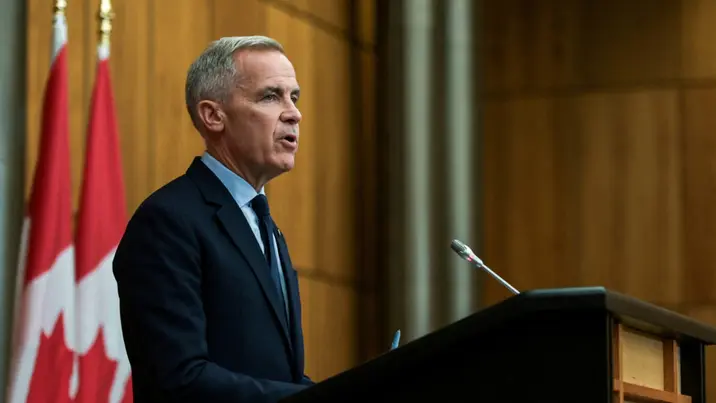
Canada aligns tariffs with US exemptions under USMCA
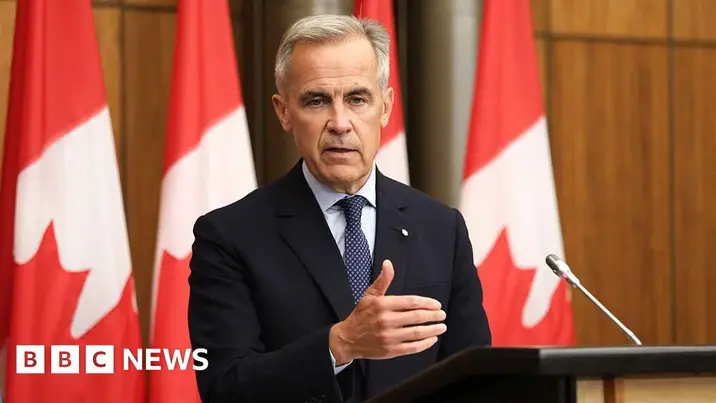
Canada lifts most tariffs on US goods
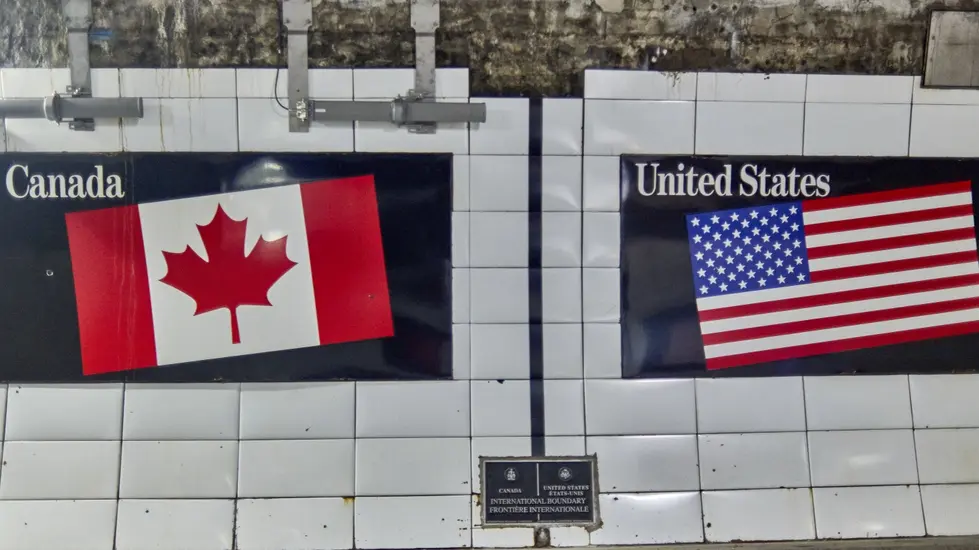
Canadian visits to the U.S. fall amid political tensions

Stock markets fall sharply after Trump tariff announcement

Trump announces new tariffs on global trading partners
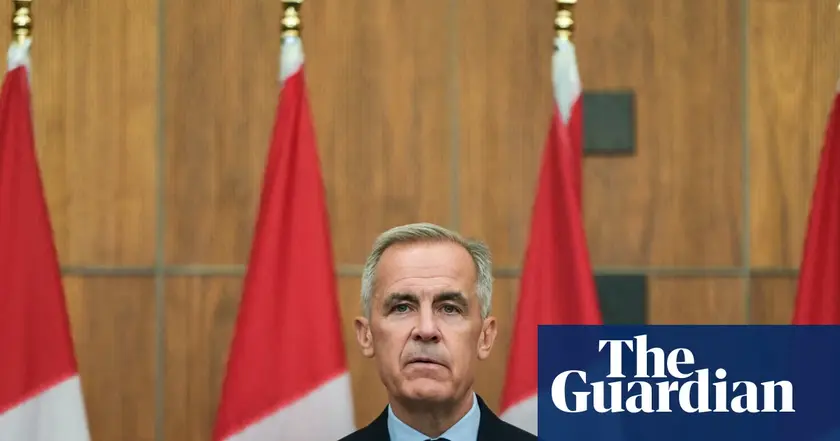
Canada signals tariff shift after Trump call
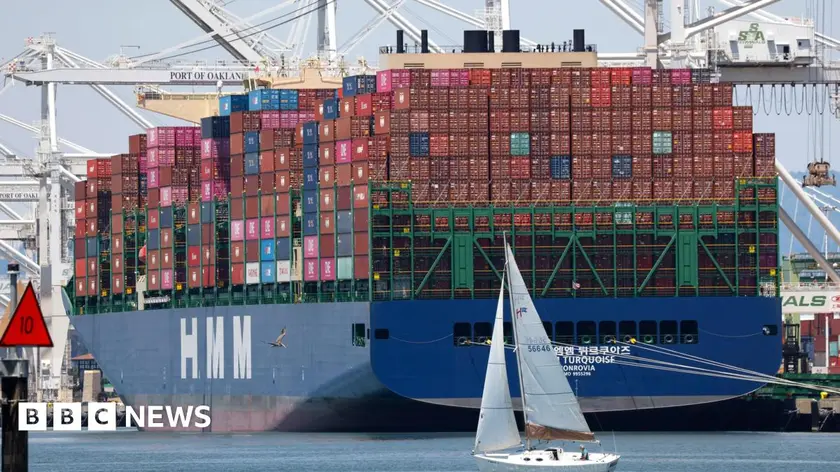
Trump increases tariffs on Canada to 35%

Las Vegas tourism drops tied to tariffs and rhetoric
